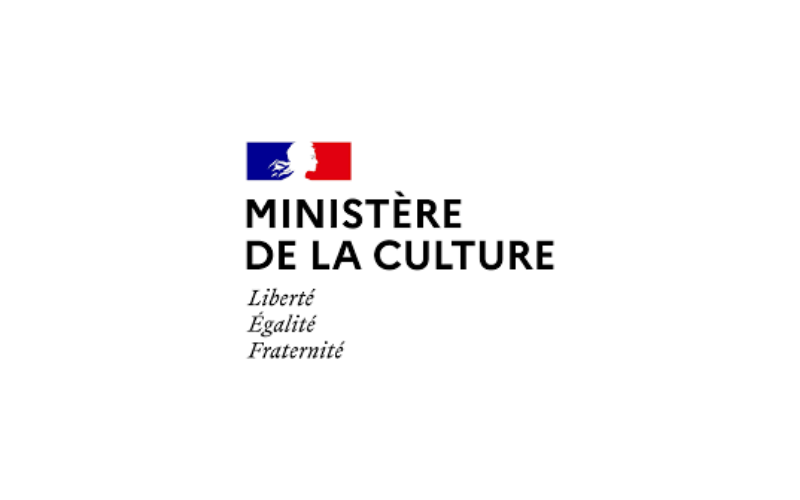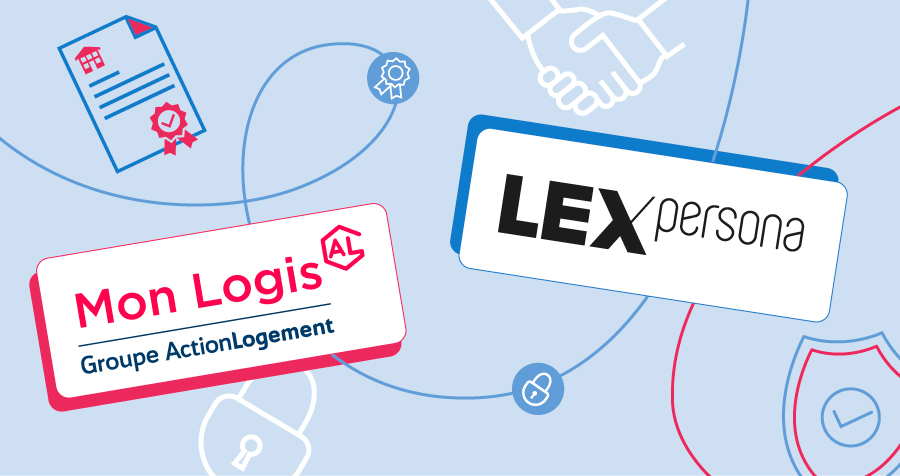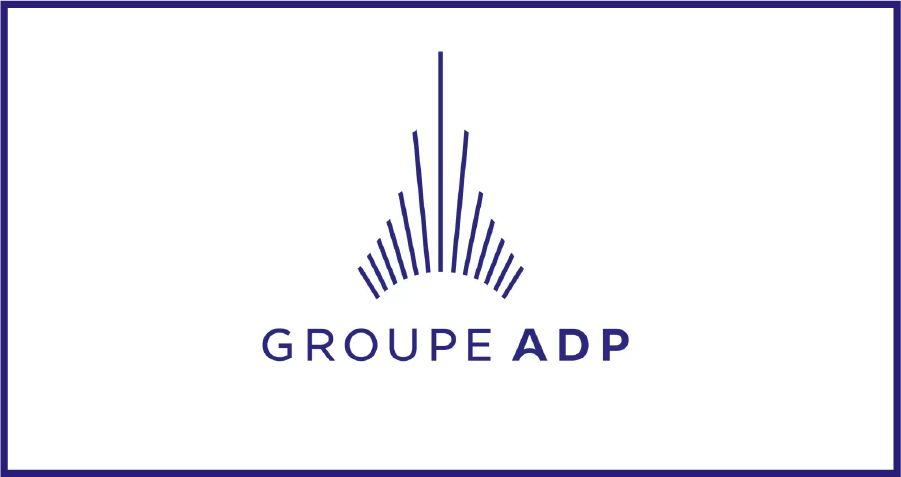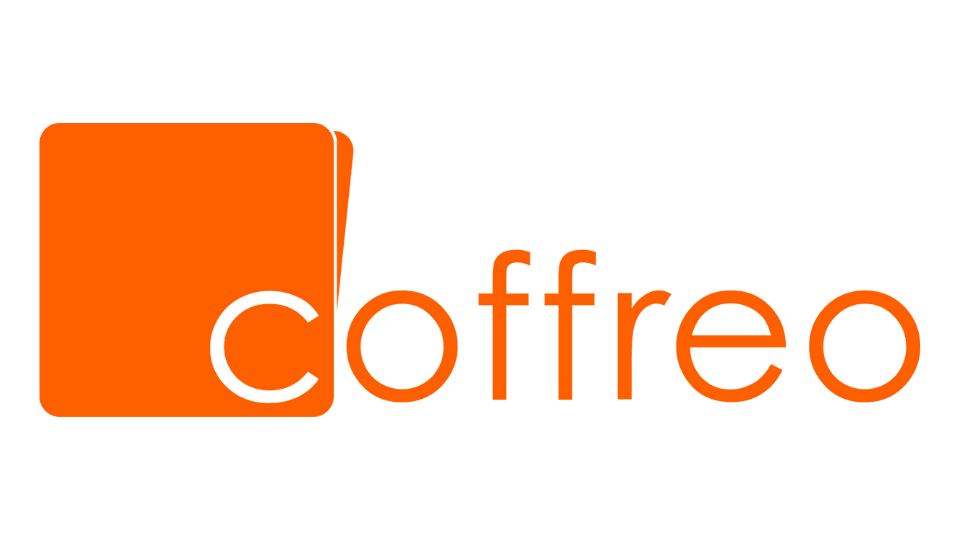Share on :
With over 11,000 employees, the Ministry of Culture is responsible for managing France's heritage. Whether architectural, archaeological or natural.
As part of their project to dematerialize administrative procedures, the French Ministry has chosen Lex Persona's transverse electronic signature solution.
Document dematerialization
As part of its missions, the Ministry of Culture produces numerous documents with legal value. For example, it is regularly consulted by the Direction Générale de l'Aménagement, du Logement et de la Nature (DGALN) when applications are submitted for work on or near a historic site, a protected natural heritage site or an archaeological site. The Ministry issues deeds, notices and orders signed by officials in charge of studying, conserving and promoting heritage.
This use case, along with the dematerialization of town planning procedures (mandatory from January1, 2022), led the Ministry to look for an electronic signature solution capable of meeting all their cross-functional needs.
First and foremost, choosing a trusted player
Lex Persona's solution was chosen by the Ministry because it was well suited to their complex integration issues.
"Our signature management APIs are highly configurable and modular. This means they can be easily adapted to different use cases or to anticipate new developments. But also to the needs that will be expressed as and when they are implemented, and even after production has gone live.
The nature of our products enables us to approach this kind of challenge more calmly. This means we can concentrate more on higher value-added areas such as safety and regulatory compliance. compliance with regulations.. "

A challenge for Lex Persona
The Ministry of Culture is required to sign decrees. These are issued in response to requests for authorization to carry out work or for town-planning permission, as well as in response to subsidy notices. Other documents are produced outside the IS: legal or administrative documents, letters, etc.
In addition to the wide variety of content to be signed, there is also a wide range of signatory profiles:
- Architectes des bâtiments de France ;
- Regional curators ;
- Etc.
"Setting up a cross-functional signature management system within this type of entity is a process that raises a number of different issues: technical, legal, regulatory and security-related. It's also a process that evolves over time, with uses changing in line with events such as health crises.
So this project was also an opportunity for us to offer truly agile support that adapts to events and use cases. More personalized support that will call on a range of different skills within the company to address all aspects," explains François Devoret.
A solution tailored to the Ministry's document dematerialization needs and constraints
Lex Persona's expertise was the perfect answer to all these challenges.
Lex Persona provided a solution tailored to the department's security challenges, organized into two levels:
- On the one hand, generic measures integrating IS mechanisms (taken fromISO 27001) and elements linked to the protection of personal data and compliance with the RGPD ;
- On the other hand, specific security measures such asinterconnection with the Ministry of the Interior'stime-stamping system in SaaS mode,interconnection with the Ministry of Culture'sSSO (single sign-on system) and archiving system, use of the Ministry of Culture's SMTP servers to set up e-mail notifications and reminders, and above all taking into account the mobility of signatories.
To meet the Ministry's security andidentification needs, personal, nominative and non-transferable agent cards have been deployed.
Requested from ANTS and printed by Imprimerie Nationale, these smart cards incorporate electronic electronic certificates corresponding to the highest level of electronic signature: the qualified signature level. RGS*** (Référentiel général de sécurité) signature certificates can also be used.
This guarantees the department's chain of trust, while preserving theintegrity and presumption of reliability of documents.
"Our long-term vision offers numerous advantages for all stakeholders. The citizens and users of the Ministry of Culture and the State, with savings in several areas. It also offers better interoperability between systems and services, reducing errors made by the administration and enabling agents to refocus their activities on tasks with greater added value," observes Polina Grigorieva Verdier, Project Manager at the Ministry of Culture.
"Eventually, we plan to dematerialize all our administrative instructions and procedures, both internal and external. This represents millions of documents signed electronically with the qualified signature," she concludes.
For more information, download our white paper " Electronic signatures and the public sector: understanding the issues. "
-
To find out more about this use case, we organized a webinar with the French Ministry of Culture.
Would you like more information?







